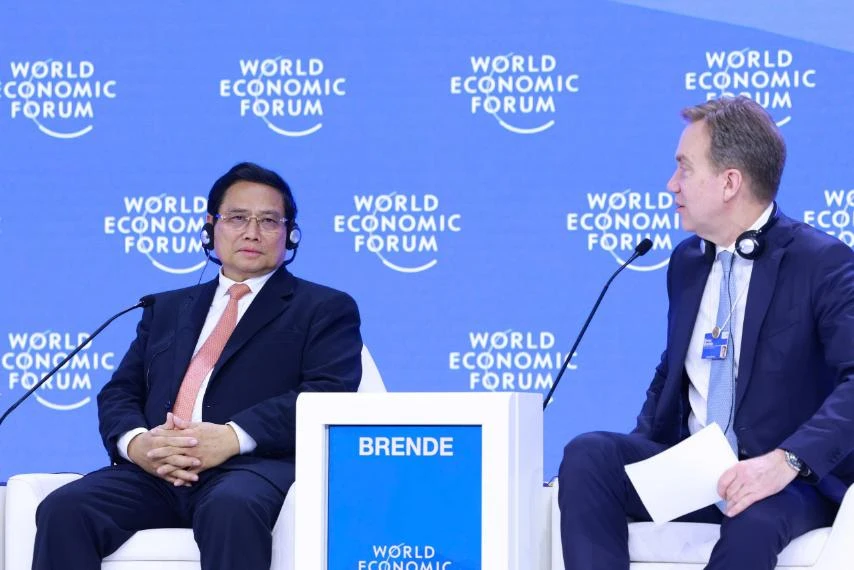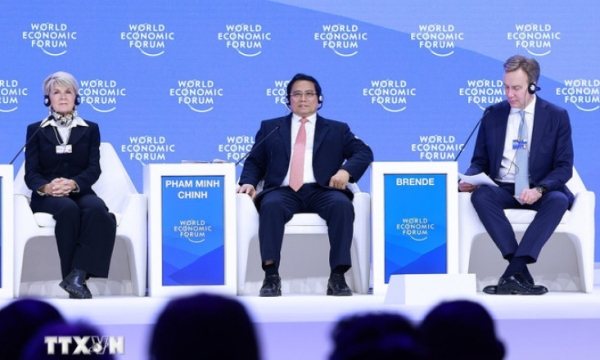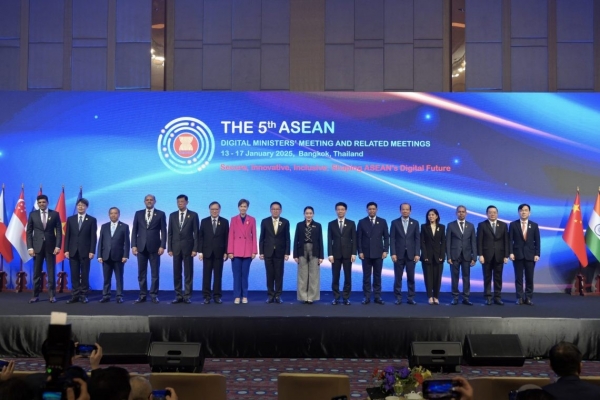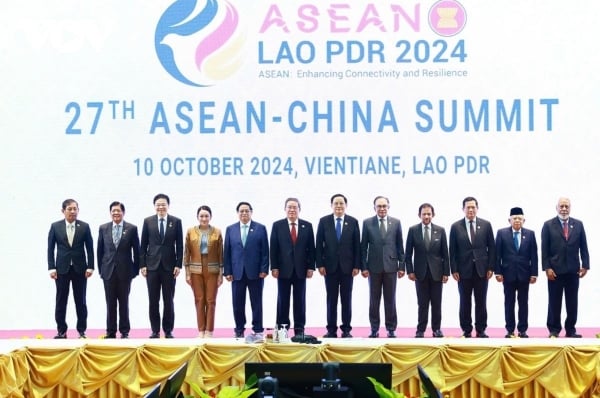 |
| ASEAN economies may have an opportunity to increase their market share in global trade. (Source: Sputnik) |
The trend is not new, but the Covid-19 pandemic lockdowns and growing tensions between China and the US have added to the urgency among multinationals to find more flexible and conflict-free supply chains.
Supply chains are like the veins through which global trade flows. The increasing efficiency of this interwoven network over decades drives investment in efficient manufacturing, which then facilitates the flow of finished products to consumers.
A new study by the Pacific Basin Economic Council, in collaboration with Monash University Malaysia and KPMG Consulting, shows that reshaping supply chains gives ASEAN companies the incentive to vertically integrate, taking direct ownership of different stages of production, instead of relying on external suppliers.
This vertical integration can boost intra-ASEAN connectivity, capital flows and trade, and is important as companies seek an additional or alternative production and sourcing base when moving to a region where most of their suppliers and partners also rely on imports from China.
Competing with China, however, is a difficult goal. ASEAN could increase its footprint in global output by taking greater advantage of the diversity of its 10 member economies, some of which have low-cost bases while others have high productivity, innovation and access to higher value chains.
Source











































![[Photo] Prime Minister Pham Minh Chinh chairs Government Conference with localities on economic growth](https://vstatic.vietnam.vn/vietnam/resource/IMAGE/2025/2/21/f34583484f2643a2a2b72168a0d64baa)
























































Comment (0)